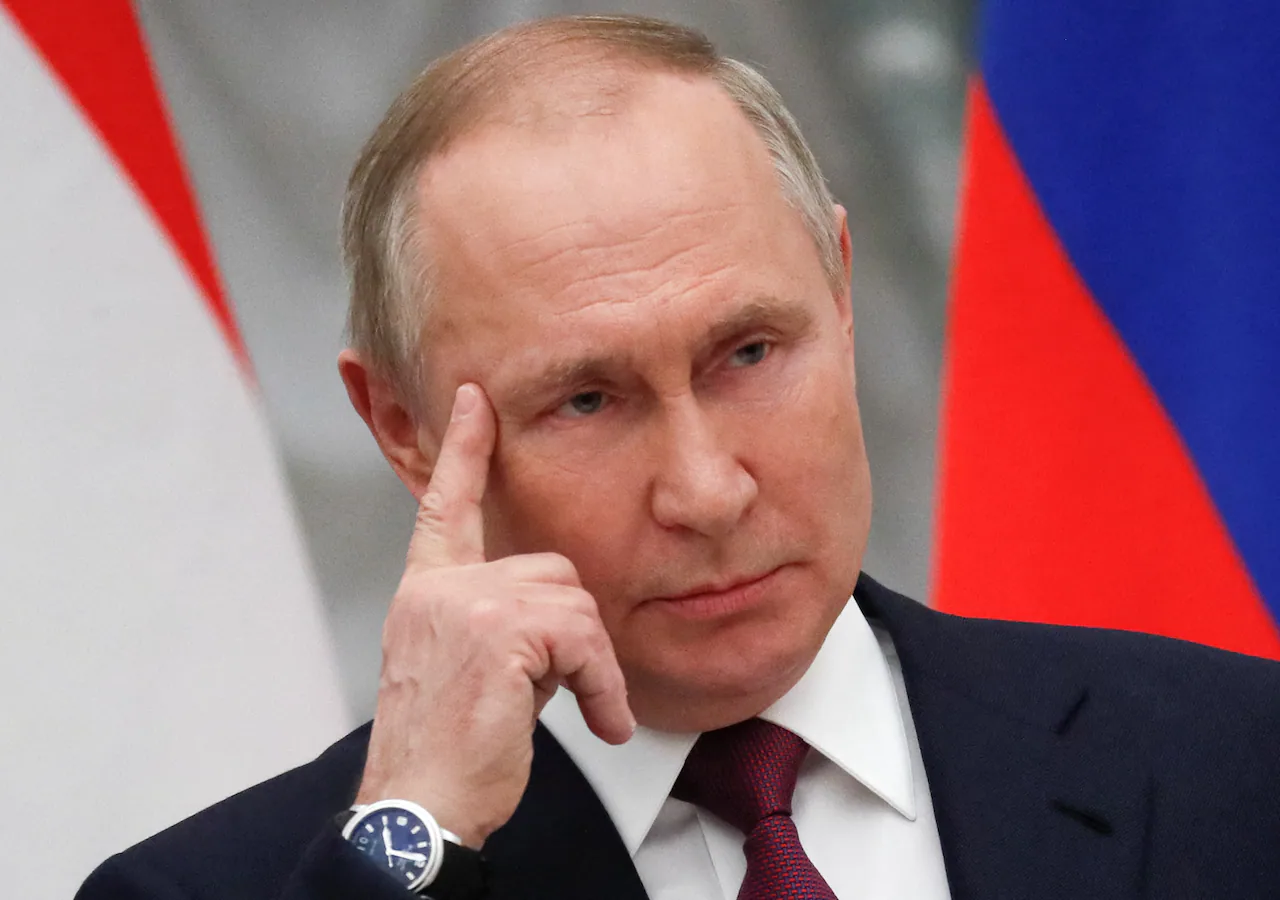By Tunde Animasaun
The Russian economy and her moneybags are beginning to buckle as the impact of sanctions and business isolation kicks in. Russian currency, the Ruble, has suffered more that 30 percent decline and is presently worth less than a cent as at Monday. There are indications that things might become critical for the aggressor country as global businesses join the sustained sanctions and renewed efforts to seize the yachts and other choice properties of Russian oligarchs by America and her allies.
President Joe Biden recounted some of these sanctions in a State of the Nation Address where Americans, Republicans or Democrats closed ranks and stood by their President.
“Together, along with our allies, we are right now enforcing powerful economic sanctions. We’re cutting off Russia’s largest banks from the international financial system; preventing Russia’s Central Bank from defending the Russian ruble, making Putin’s $630 billion war fund worthless. We’re choking Russia’s access, we’re choking Russia’s access to technology that will sap its economic strength and weaken its military for years to come.
“Tonight, I say to the Russian oligarchs and the corrupt leaders who’ve bilked billions of dollars off this violent regime: No more. The United States Department of Justice is assembling a dedicated task force to go after the crimes of the Russian oligarchs.
“We’re joining with European Allies to find and seize their yachts, their luxury apartments, their private jets. We’re coming for your ill-begotten gains,” the American President declared.
Leading other countries, President Joe Biden’s administration has banned U.S. people and companies from doing business with the Central Bank of Russia, thereby immobilising nearly half of President Vladimir Putin’s war chest. Other sanctions by the U. S. are: ordering 12 Russian diplomats to the United Nations to leave, asking crypto exchanges to help ensure that Russian individuals and organizations aren’t using virtual currencies, locking certain Russian transactions from MasterCard and Visa payment networks, and isolating certain individuals believed to be in cohort with Putin. The U.S. said sanctions on the Russian Direct Investment Fund would also extend to its CEO, Kirill Dmitriev, a close Putin’s ally.
U. K. Prime Minister Boris Johnson also announced an asset freeze against all major Russian banks, including an immediate freeze on VTB, Russia’s second largest bank. He has also instructed ports to block any vessels they believe are owned, controlled, chartered or operated by any person connected with Russia, or by sanctioned individuals. Vessels flying the Russian flag or registered in Russia are also to be blocked. Other measures taken include: the banning of several Russian banks from using SWIFT and is calling for a total SWIFT ban for Russia; sanctioning five banks: Rossiya, IS Bank, General Bank, Promsvyazbank and the Black Sea Bank, stopping all major Russian companies from raising finance on U.K. markets, and also prohibit the Russian state from raising sovereign debt on U.K. markets, sanctioning more than 100 individuals, entities and their subsidiaries, including Rostec, Russia’s biggest defense company, Kirill Shamalov, Russia’s youngest billionaire and Putin’s former son-in-law, Petr Fradkov, head of Promsvyazbank (itself already sanctioned) and son of former head of FSB Denis Bortnikov, deputy president of VTB Yury Slyusar, director of United Aircraft Corp and others. There is also an imminent ban on Aeroflot planes landing in the U.K.
Boris Johnson has also banned all exports of goods that could have military use, such as electrical components and truck parts, prohibited a range of technology exports such as semiconductors and aircraft parts as well as goods for the extractive industries, such as oil refinery equipment. There is also a limit of 50,000 pounds ($67,000) on deposits by Russian nationals in U.K. bank accounts to prevent Russian oligarchs from offloading their wealth into the U.K. through such deposits.
All sanctions also apply to Belarus, the Russian ally in this unpopular Ukrainian venture.
Similar sanctions have been emplaced by the 27 nations that make up the European Union, and Canada. Other countries that have joined the west in sanctioning Russia include Turkey, Japan, South Korea, Singapore and Switzerland, the traditionally neutral nation.
To further tighten the economic noose, Russian businesses are now outcasts while there is an exodus of foreign investments. Following the invasion of Ukraine, leading companies in the world are joining in the economic isolation of aggressive Russia. A couple of days ago, Boeing and Airbus announced the halting of aircraft sales and supply of components to Russia. “With Western lessors also looking to repossess jets that are operated by Russian carriers, the Russian aviation sector is now on a footing that is similar to North Korea and Iran – and similar to where it was under Soviet rule,” wrote Vertical Research Partners analyst Rob Stallard.
Major auto and truck makers, including Volvo Cars, AB Volvo, General Motors Co., Harley-Davidson and Jaguar Land Rover, have also cut off exports to Russia. BMW said it was discontinuing local production and car exports to Russia. Other companies that have joined in tightening the noose round the Russian economy are Apple, which has announced a pause in sales in Russia and limiting Apple Pay, Google, H&M Group, Ford which has also donated to humanitarian aids in Ukraine, Nike Inc, which has made purchases on its website and app unavailable in Russia, and MSC and Maersk, two of the world’s biggest shipping lines that has suspended container shipping to and from Russia, Nokia and Ericsson both of which has stopped deliveries to Russia. The entertainment giants, Disney and Warner Bros, Canada’s online store, Goose, online travel-booking company, Espedia are all cutting business in Russia.
The energy sector which is a strong income earner for Russia is not spared in this economic onslaught. Energy giants have been leaders of the rejection of Russia include, TotalEnergies, Shell, BP, ExxonMobil and Equinor.
Knowing the impact of these fleeing western countries on the economy of Russia, Kremlin has been trying to stop the exodus. Introducing new capital controls, Prime Minister Mikhail Mishustin is reported to have said that Western companies were taking decisions because of “political pressure,” and would be prevented from selling Russian assets until that subsides.
Will the Ukrainian venture be the nemesis of Putin’s Russia? Wait on time to tell.







Comment
No comments found.